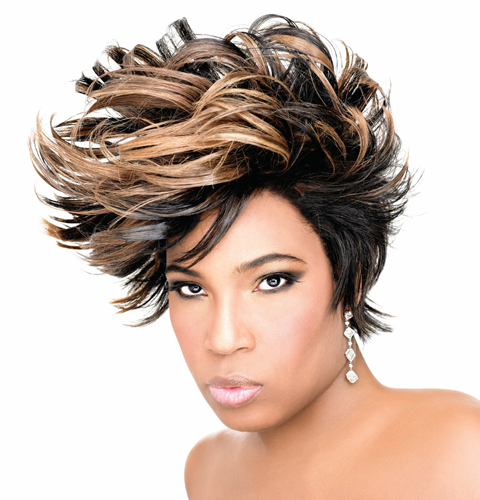 |
| Vocalist Macy Gray |
The 2013 Detroit Jazz Festival began Friday evening
at the J.P. Morgan Chase Main Stage with a set by the festival’s
artist-in-residence pianist Danilo Perez, and one by veteran free jazz saxophonist
David Murray with pop vocalist Macy Gray. For a decade, opening night has been a high point of the four-day festival. But time around it was a
disappointment.Perez performed first with his new group Panama 500.
He premiered three songs “Rediscovery of
the Pacific Ocean,” “Panama 500” and “Reflection in the South Sea”. The music did not win over the audience. The music was disjointed and way-out. The opening night crowd likes to cut loose.
I have witnessed the crowd do so when Herbie Hancock, Christian McBride Stanley Clarke, and Tower of Power were opening night headliners. I admire Perez’s playing and his willingness to take risk. But, last night, I wondered if Perez had enough time to rehearse because the set, particularly the ending seemed spur-of- the- moment.
I have witnessed the crowd do so when Herbie Hancock, Christian McBride Stanley Clarke, and Tower of Power were opening night headliners. I admire Perez’s playing and his willingness to take risk. But, last night, I wondered if Perez had enough time to rehearse because the set, particularly the ending seemed spur-of- the- moment.
Perez’s band caught fire on the last number. And the
crowd came alive some. But it was too little too late. He had failed to capture
them from the onset. Surprisingly, after his set, Perez received an
ovation. I wondered if the crowd did so because deep down they felt bad for him, or if they were elated the performance was over. Dave Murray’s set was
also disappointing.
Murray
performed with his big band. It was loaded with topnotch musicians like bassist
Jaribu Shahid and drummer Nasheet Waits. Murray is a jazz musician who does not
have a comfort zone. He always thinks miles outside the box. His new album “Be My
Monster Love” features pop singer Macy Gray. She is an oddball with a raspy
cartoon-like voice. Before Gray walked on the stage in a purple silk dress,
matching gloves and a bright red scarf made of feathers, Murray’s big band played
a number with elements of free jazz, swing, and the blues.
Murray's set would have killed had he just played with his
big band. Gray has stagecraft, and she tried her best to win over the crowd, but she failed. Most of
the crowd seemed disinterested. Gray sang three songs. Then she left
the stage, promising to return after the big band played a few numbers alone.
Many people did not stick around. They bolted like there was a bomb threat. The
past decade opening night readied festival goers for a weekend of
world class jazz. This time around, opening night was a bust.

